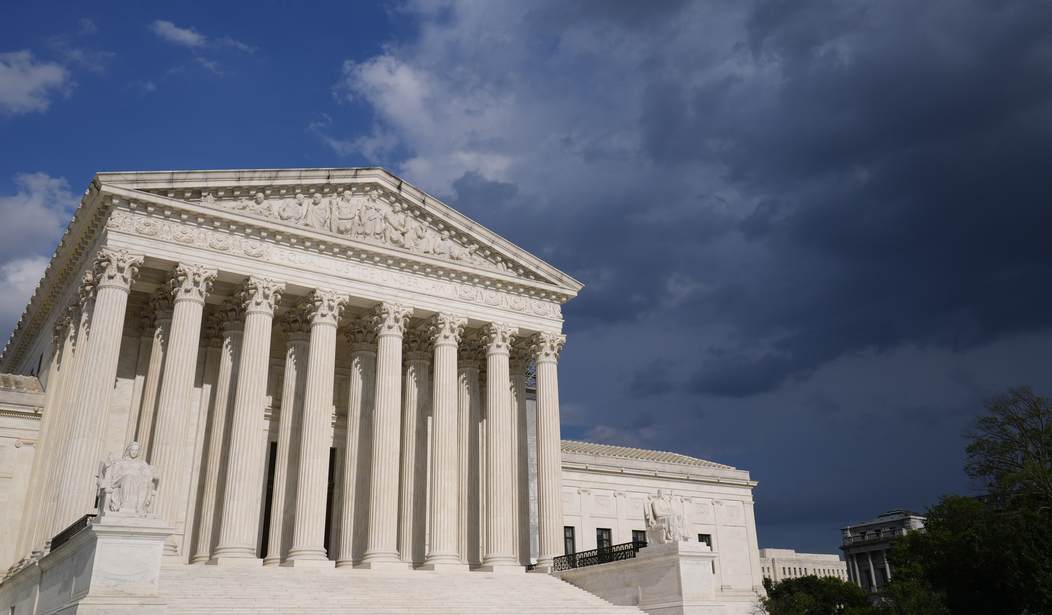The Annenberg Public Policy Center (APPC) is a center at the University of Pennsylvania that is well-known for its annual civics knowledge survey that it conducts for Constitution Day. Their portfolio of work is large and ranges from various public policy debates to teaching American youth about “citizen rights, civic responsibility, democracy and the Constitution.”
I find their Constitution Day survey insightful, and have been following it for more than a decade. Their findings are, for the most part, disheartening. As someone who had to pass a Civics test to become a naturalized American citizen, I’m horrified at the ignorance of the public about the Constitution – arguably the world’s greatest political document – that governs their lives. At its low point in 2016, barely 26% of Americans could name all three branches of government.
Annenberg’s latest survey (archived link) shows results that are still very disheartening:
A majority of U.S. adults cannot name most of the rights protected under the First Amendment: the only one with wide recognition is freedom of speech, which 74% could name. The other rights were known by under half of respondents — for example, freedom of religion was named by 39% and freedom of the press by 29%. See the survey for full results.
While 65% in our survey could name all three branches of government (executive, legislative, judicial), 15% could not name any.
The survey found strong public support for several potential reforms to the U.S. Supreme Court. These include term limits, mandatory retirement ages, and prohibiting justices from participating in cases in which they have personal or financial interests.
The survey summary shows that 35% of Americans cannot name all three branches of government, including 15% who cannot name any. Voter turnout in the 2020 presidential election was 66.7%. The intersection of voter ignorance and turnout should be alarming for anyone concerned about the long-term health of the Republic.
The survey also delved into the Bill of Rights, and it was again disappointing to see how half the adult population cannot name all the enumerated rights that constitute the First Amendment.
Less than a third of respondents (30%) can name a majority of rights (three or more). Only 7% of respondents can name all five First Amendment rights, while 23% can name three or four, and about half (48%) can name one or two. About 1 in 5 people (21%) cannot name any.
Although 11% correctly say the right to petition the government, twice as many people (22%) incorrectly name the right to bear arms, which instead is protected by the Second Amendment.
It’s disappointing all around. What piqued my interest though is the last bullet point on Supreme Court “reform.” The survey summary states the following:
Broad public support for some Supreme Court reforms
In the past few years, surveys have shown declining trust and confidence in the U.S. Supreme Court. The Annenberg Public Policy Center’s Constitution Day Survey has found that from 2019 to 2022, confidence in the Supreme Court plunged 22 percentage points, from 68% to 46%, a finding mirrored in data from other survey firms, including Gallup and Pew. A paper published this year by APPC researchers in the journal Science Advances, based on APPC surveys, finds that since the court’s June 2022 Dobbs decision – which overturned the half-century-old Roe v. Wade ruling establishing a constitutional right to abortion – public views of the court have strongly reflected political polarization, a dramatic change from the past. Another article this year by APPC researchers in the journal Judicature, “The withering of public confidence in the courts,” finds a broader decline in trust and confidence in the judiciary as a whole, with the percentage of Americans who say there is a “great deal” or “fair amount” of trust in the judicial branch falling from 75% in 2000 to under 50% in 2022.
The leftist mainstream media, in cahoots with Democrats, has been attacking the Supreme Court for restoring the status quo ante on abortion with the repeal of the 1973 decision in Roe v. Wade. The decline in public opinion is a direct result of that. Having lost control of their favorite workaround tool for policy advancement, Democrats have also been pushing Supreme Court “reform” proposals. Annenberg surveyed the proposals and found the following:
With this changing environment as a backdrop, the 2024 civics survey asked respondents for their views on measures that have been discussed to reform the Supreme Court. The survey found most Americans support four of six proposals:
Prohibiting participation of justices with conflicts: 82% support prohibiting justices from participating in cases in which they have personal or financial interests.
Formal ethics code: 77% support creation of a formal ethics code for Supreme Court justices that allows for justices to be investigated if they are accused of an ethical violation.
Mandatory retirement age: 69% support requiring justices to retire by a certain age.
Term limits: 68% support setting a specific number of years for justices to serve instead of granting them lifetime appointments.
Public referenda: 47% support allowing the public to vote to overturn Supreme Court decisions on controversial issues.
Increasing the size of the court: 29% support increasing the number of justices
on the current nine-member Supreme Court.
The survey found what one would intuitively expect:
There are large partisan differences in support for measures to reform the court. Both Democrats (87%) and Republicans (83%) strongly favor prohibiting justices from taking part in cases in which they have conflicts of interest, but Democrats are significantly more supportive of the other proposed reforms. For instance, the second most popular reform, a formal ethics code, is favored by 88% of Democrats and 70% of Republicans.
[...]
The analysis also found that the relationship between civics knowledge and support for Supreme Court reforms worked differently for Democrats and Republicans: While the most knowledgeable Democrats and independents are slightly more likely to want to reform the court, the most knowledgeable Republicans are considerably less likely to want to reform the court.
I was really bothered that the “most knowledgeable” Democrats would support myopic proposals that will invariably backfire on them, as they have in the past. Recall what happened when Senate Democrats nuked the judicial filibuster for lower court nominations:
I dug into the full survey results (archived) and found nothing asking respondents if these “reform” proposals are unconstitutional. The most egregious ones impose term limits and a mandatory retirement age, all antithetical to Article III, Section I of the U. S. Constitution.
However, “times have changed,” according to the professional intellectual deceivers at left-wing think tanks, who keep coming up with cute, creative proposals to destroy the Constitution in the long-term to achieve their interests in the short-term.
The Survey Summary concludes with what I see as concern trolling after sustained attacks by the left-wing media:
“This should be extremely worrying for members of the Supreme Court,” Levendusky added. “The court’s independence has long been sustained by its strong bipartisan support in the public. If that vanishes, the court may find itself reformed or constrained in ways that weaken its power.”
I hope the survey would also ask respondents about the constitutionality of the proposed “reforms,” but I doubt it. We cannot for a single second forget what Democrats have in mind when they gain untrammeled power. They are out to destroy the constitutional structure of this country that will go far beyond the Second Amendment.









Join the conversation as a VIP Member